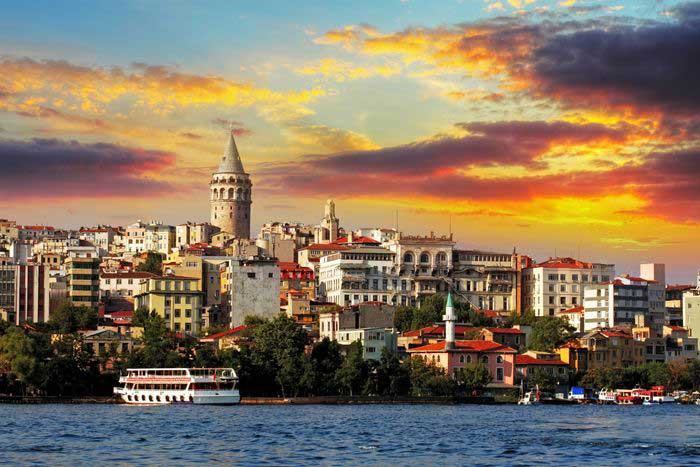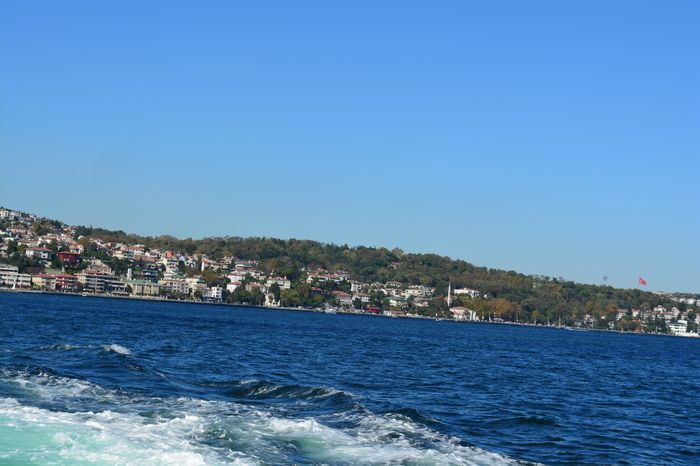Many who know nothing of the facts of the matter still deeply and instinctively believe an alternative view—that these people represented an irreducible and uncivilizable injection of barbarism into Rome, for good or ill. Nineteenth-century nationalism nurtured this confidence, as did the pride of German scholars who saw in these figures their own cultural ancestors. We should be wary of such psychological projection and self aggrandizement.
Sober and reasonable scholars took the perfumed sixth-century Latin texts of Ennodius, Cassiodorus, and Avitus and published them in the “more ancient authors” series of the Historical Monuments of Germany (Monumenta Germaniae Historica), a huge collection of impeccable scholarship. Felix Dahn, one of the most serious scholars of this period, known for a long series of volumes, Kings of the Germans, also produced one of the most successful historical novels of the time, A Fight for Rome (Ein Kampf um Rom), which was later known to be a favorite of the emperor Wilhelm at the time of World War I.
Its title evokes both the Kulturkampf of nineteenth-century Prussia and the better-known Kampf of a later German tyrant. In it, the confident nationalism and racism of the nineteenth century proclaim themselves through the voice of a Gothic leader: “So where is this ‘mankind’ you speak of? I don’t see it. I see only Goths, Romans, Byzantines! A ‘mankind ’over and above these peoples, somewhere in the air, that I don’t recognize. I serve mankind when I love my own people (Volk). I cannot do otherwise!”
Romania with German dialogue,
No surprise, but such words come in a novel that contrasts the bravery and intelligence of fair-haired northerners with the weakness and treachery of darker-hued southerners. Dahn’s book survived to be made cheaply into a two-part movie, filmed in Romania with German dialogue, in the late i960 s. Justinian was played by Orson Welles; Amalasuntha, daughter of Theoderic and regent of Italy, by Honor Blackman, who had attracted more attention a couple of years earlier in the arms of James Bond in Goldfinger. This faux-Hollywood trifle was the kind of production such unhistorical rubbish deserved. Yet it is extraordinary to note how much modern scholarship has still tended to agree that there must be something to all this racist nonsense.
But surely, a reader might reasonably object, all that smoke about barbarians must point to some fire. There must have been true-blue, ethnically pure tribesmen who followed their leaders ever since they strode, blond and blue-eyed, out of Scandinavia centuries earlier. To get beyond such thinking, look at Mundo, a man of Theoderic’s time in every way, as good a candidate for the description “barbarian” as they came. Mundo was the son of a leader of the Gepids who died young. His uncle Tapstila snatched the leadership away from Mundo, and stood at the head of forces that Theoderic defeated on his way to Italy in 488 private tour bulgaria.
When Tapstila was killed in that battle, Mundo’s cousin Traseric succeeded his fallen father and patched together a life in the Balkans serving as one of Theoderic’s tributaries. Around 500, Mundo himself fled his family as he came of age, setting up in business as a leader of fighters (shall we call them bandits, insurgents, mercenaries, or militants?) in what is now Hungary. Constantinople sent out a general to bring Mundo to heel, but just then Pitzia, one of Theoderic’s generals, advanced toward Sirmium, where he and Mundo joined forces, defeating the intended Byzantine police action at Horreum Margi on the Morava River Deliberately Gothic and dynastic.
Twenty years later, Mundo turned up leading Gepids and Heruls, now accepting a command from Constantinople to fight for empire, against Slavs and Bulgars, in 529. He did so well that he was briefly general in chief of all the Balkans, taking the emperor’s side to put down an incipient revolt in Constantinople itself. Not long afterward, in the mid-530 s, he led Constantinople’s forces to Split, on the eastern shore of the Adriatic, asserting control in a vacuum when Theoderic’s successors were hard pressed just to stay alive in Italy. When Mundo’s son was killed in battle, the father lost both judgment and control and pursued his Gothic opponents so recklessly that they killed him. Mundo lived and died a Roman of his times, whoever his ancestors were.








